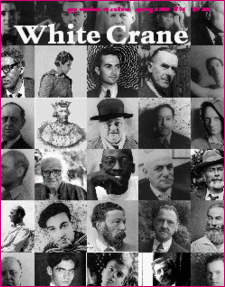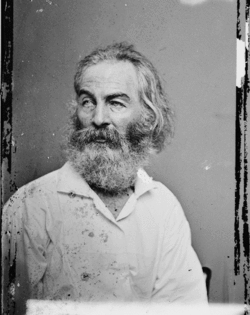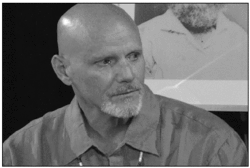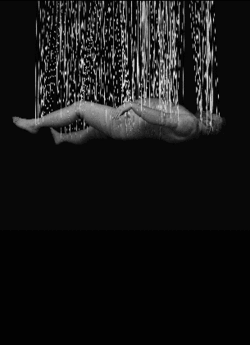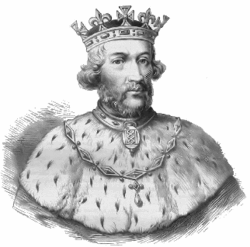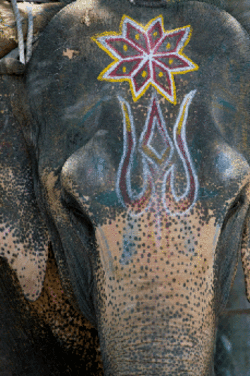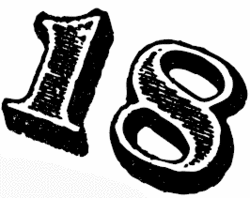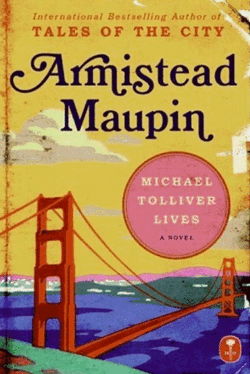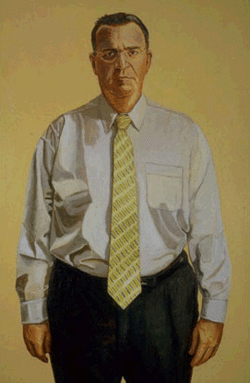 Brave New Faggot
Brave New Faggot
A White Crane Conversation with David Mixner
By Christopher Murray
This is only an excerpt…
Called “the most powerful Gay man in America” by Newsweek magazine following his successful efforts to marshal Gay money and resources for Bill Clinton’s 1992 presidential campaign, political advisor David Mixner helped start the nation’s first Gay political action committee, the Municipal Elections Committee of Los Angeles (MECLA), and was a co-founder of the Gay & Lesbian Victory Fund, the Washington-based national organization that identifies and supports highly qualified LGBT candidates for public office. He has been a leading advisor on several other presidential bids, including those of Richard Gephardt, Gary Hart, and George McGovern. In February, Mixner endorsed Barack Obama, saying, “The major factor in my decision to endorse Obama is the war in Iraq. To put it simply, he was right from the beginning. There is absolutely no question in my mind that Senator Obama is Senator Clinton’s peer on substance and policy. Clearly, he is not only ready on day one to be president, but he also will be right on day one! Obama has surrounded himself with some of the best minds in the country. He has the ability to inspire us to make sacrifices and to serve our nation. The senator has one of the best minds in the country. Like President Kennedy, he and his family will make us proud to have them in the White House. So, with great enthusiasm, I embrace Senator Obama and am allowing myself to dream and believe again.”
Christopher Murray: You said to me once that you have a vision for a Gay president. Why? How?
David Mixner: In America, the ultimate sign of success of a group making it, whether it was John Kennedy being Catholic, or a Jewish president someday, is living in the White House. Right now, we have two candidacies in part powerfully motivated by one being African American, Barack Obama, and one being a woman, Hillary Clinton. The attainability of someone from our Lesbian and Gay community being president one day is the ultimate symbol that one has arrived and been accepted by society.
That’s power, real power, where we are judged on our talents as whole human beings and not on our sexuality, where it’s possible for young Gay people to have any dream that they want and know that it’s attainable. If you one of us could be president, then any of us could be anything we want.
Murray: What is Gay political power and how is it changing over time?
Mixner: I don’t know if there is such a thing as Gay political power. I think there is such a thing as political power and that Gays are finally in a position to participate. If we are talking about Gay political power, we are talking about who is head of the National Gay and Lesbian Task Force and the Gay and Lesbian Victory Fund. Real power is people: Gay people heading committees in state legislatures and city councils. For the first time in the last decade, we are now in the position of attaining major political power and having not only a place at the table, but helping to design the table. It was less than four decades ago that Elaine Noble, when she ran for the legislature in Massachusetts, had to have armed guards. It was literally only two decades ago that Michael Dukakis refused to take organized, Gay-bundled funds. It was three decades ago that people refused to take my check as a political donation because I was openly homosexual.
That meant that the political power we had was internally focused. Who was on what board. Our status and self-esteem was based on our own community-based organizations. Now we are finding out as members of the community and getting married, having families, that we are no longer tokens. That although we have a broad range of frontiers to still break through, the fact of the matter is that it is not an anomaly for a Gay person to head the budget committee or ways and means committee in the legislature, which is real power. It is not an anomaly to be an openly Gay campaign manager for a candidate for president. So, what we have made is a transition from that internal focus of power to now where we are participating in power in society generally. This applies outside of politics as well.
Murray: What price have you paid personally for the unprecedented access you have had to the top echelon of political power in our country?
Mixner: It’s something I don’t think about too much. Thinking about it makes it more difficult to accept. It’s easier to avoid the question and just move on. I come from a time where I sat around my family’s dining room table and when a young Gay man killed himself in our neighborhood, my father and mother thought his family was better off. And a time when my partner was served by friends on paper plates because of fear of AIDS. When I was growing up, I thought I wanted to be an ambassador or senator or president but was told that would not be possible.
So there is no question, being Gay has changed the course of my life. Having children was out of the questions, running for political office was out of the question. Being fired from your job or being destroyed politically was a very real possibility if anyone knew. We saw friends arrested for sexual activity in parks and their names printed in the newspapers. What toll did it take? An enormous one. Eventually you cross a line with that oppression where you just aren’t willing to take it any longer. And that resolution to fight that oppression becomes your energy. Not only mine, I remember Harvey Milk and Elaine Noble and many others saying we cannot let another generation go through this. It was an understanding of the modern LGBT movement that few of us would experience the spoils of victory from our work. At this point, we’ve experienced success far greater than any of us would have expected. I’m too old now at sixty to be a dad and throw a football around with my son, but I could still run for office if I chose. But by the time that possibility came into my grasp, I had no desire for it.
Murray: Examples of the cost are that you have been blackmailed and sent into the political wilderness several times in your career.
Mixner: When I was working against the Viet Nam war and achieved notoriety working for Eugene McCarthy as one of the four coordinators of the Viet Nam War Moratorium Committee, there is zero doubt in anyone’s mind that, if I had been openly Gay, I wouldn’t have been able to do any of that work. None. I would have been viewed as a horrible weight on the anti-war movement and doing damage to the greater good. So, I was closeted. And during that period, I fell head over heels in love with someone who had been planted by someone. Some intelligence agency or some Gordon Liddy-type operation. It’s still unclear to me who. Photographs were taken and I was blackmailed and told that if I didn’t get out of the anti-war movement, those explicit photographs would be sent to my parents and the press.
I made a pact with myself that if the photos were sent that I would kill myself. I finally figured out that they wouldn’t send them other than anonymously, which would discredit them in the press, so I held firm, but it dramatically reminded me of my vulnerability. I pulled back and became less visible. I developed a persona of the harmonica-playing cowboy who was a grand strategist who said, “Aw, shucks, I don’t really want to do any of those interviews.” A lot of us kept behind the scenes those days, in Hollywood, in politics, just close enough to get a taste of what it was we really wanted, but not in visible danger.
Murray: How do you understand the growth of the Gay rights movement over time, both politically and socially?
Mixner: Chris, that is a question that could take hours to answer. But I remember, growing up in the 1950’s, it wasn’t unusual, for a family who discovered their child was Gay,
This is just an excerpt from this issue of White Crane. We are a reader-supported journaland need you to subscribe to keep this conversation going. So to read more from this wonderful issue SUBSCRIBE to White Crane. Thanks!
David Mixner blogs regularly at www.davidmixner.com
This is Christopher Murray’s first contribution to White Crane as part of a collection of interviews for a book he is writing entitled QUEERY. Murray writes regularly for Gay City News in New York and is a licensed social worker and psychotherapist in private practice in New York City. He can be contacted at christophertmurray@gmail.com. He is a member of the White Crane Gay Men’s Health Leadership Academy.
Portrait of David Mixner, Oil On Canvas, 2002, by George Towne. Courtesy of the artist.
Towne’s work will be part of a group show at the Leslie/Lohman Gallery in New York. For more information, visit www.georgetowneart.com
